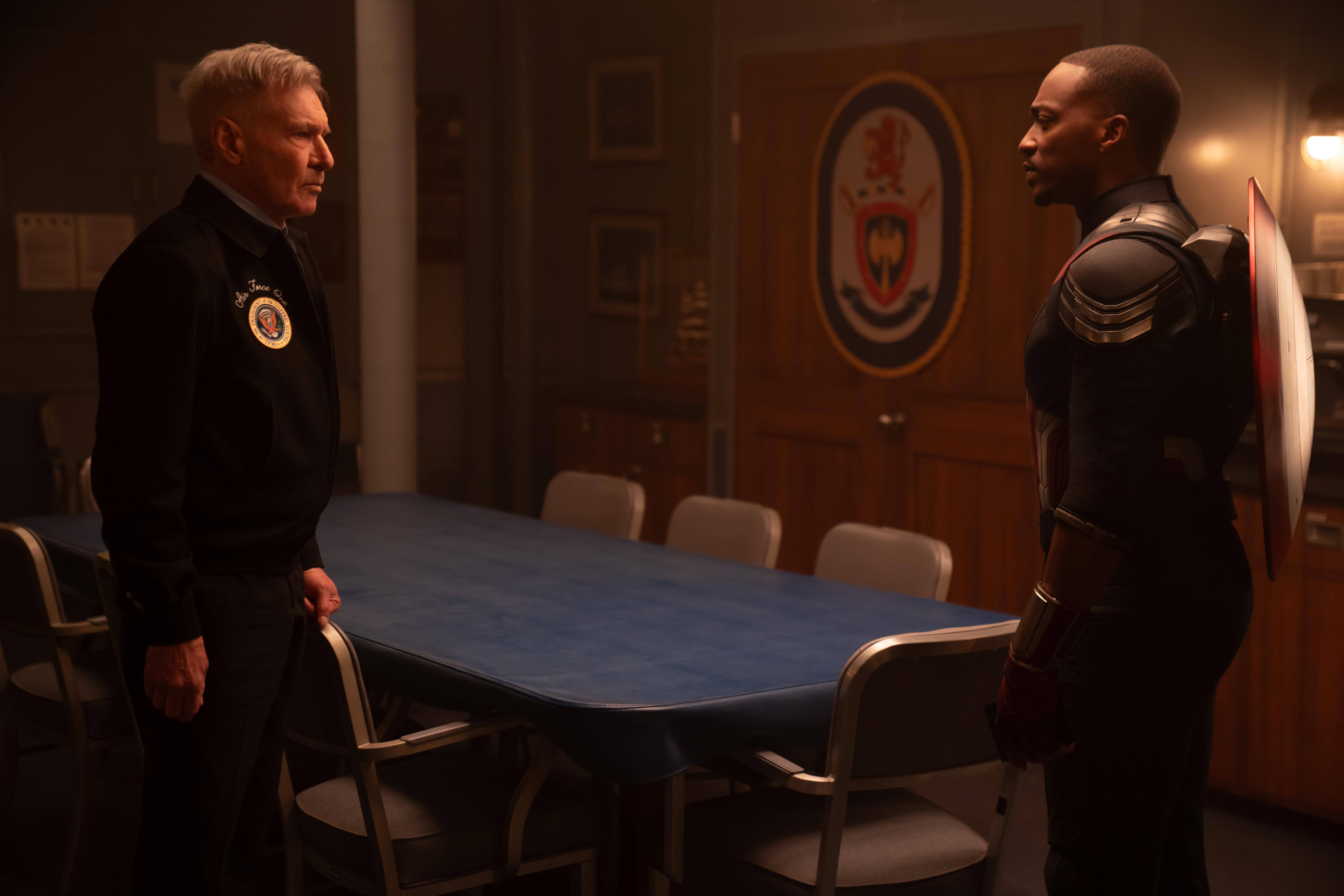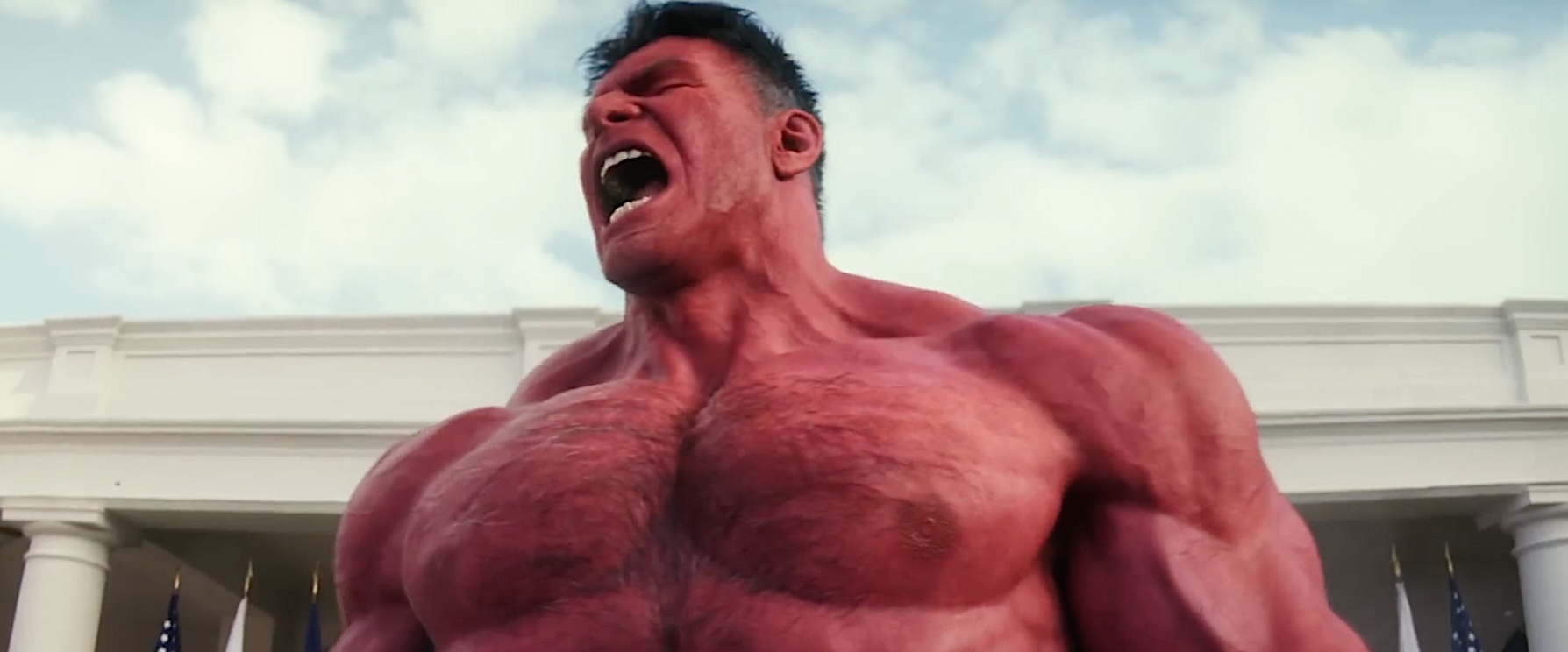Maestro is a movie about Leonard Bernstein. It’s also a movie about Bradley Cooper’s career. In its bravura peaks and moments of rest, the film becomes an ouroboros of art and artist, a current creator channeling a historical one and wrestling with the same questions he faced, struggling in the same way to not let their passions subsume them, unsure whether they’re successful. It’s mesmerizing.
Midway through Maestro, Bernstein — played by Cooper, who also directed and co-scripted — gives a TV interview where he’s asked about the difference between his roles as a composer and a conductor. Bernstein describes the former as introverted work, a private labor that makes being around others difficult. The latter, he characterizes as an extroverted profession, one that feeds off of other people’s energy.
“If you carry around both personalities,” he says, “I suppose that means you become a schizophrenic, and that’s the end of it.”
:no_upscale()/cdn.vox-cdn.com/uploads/chorus_asset/file/25123644/Maestro_20220607_02967r.jpg)
This is Maestro’s central conflict, the proverbial two wolves that the film’s version of Bernstein wrestles with. Conductor and composer, husband and philanderer, family man and liberated artist — each are oppositional forces that feed one of the two poles of his artistic being. And the conflict only gets more compelling when you consider the filmmaker.
Maestro serves as a fascinating prism for Bradley Cooper’s career. It’s easy to forget how unlikely and meteoric his ascent was. Oliver Lyttelton’s 2015 retrospective at IndieWire summed up Cooper’s trajectory as “little-known TV actor to comedy villain to A-list leading man in less than a decade.” A couple of years after that, Cooper added a few new Oscar nominations to his resume, thanks to his 2018 remake of A Star Is Born. Thus far, he’s amassed nine Academy Award nominations for acting or filmmaking, and Maestro is almost certain to deliver several more — perhaps even his first win.
Yet in 2023, he still continued to voice Rocket Raccoon in Guardians of the Galaxy Vol. 3, and made a scene-stealing cameo in Dungeons & Dragons: Honor Among Thieves. He’s producing the forthcoming Joker sequel Joker: Folie à Deux. Cooper hasn’t entirely pivoted to the title of “prestige director and actor.” In fact, he still appears very interested in the work of being a mainstream movie star: a welcome presence, a handsome face, and a recognizable voice in movies lots of people will see.
:no_upscale()/cdn.vox-cdn.com/uploads/chorus_asset/file/25123658/Maestro.jpeg)
On one level, Maestro can be read as Cooper attempting to reconcile these oppositional aspects of his career: the serious craftsman, the prestigious artist, and the populist champ. He doesn’t want to let any of them go. Hell, he claims he’d give up winning an Oscar for Maestro if it means the Eagles win the Super Bowl in February.
Maestro takes on new shades when compared with Cooper’s directorial debut, that Star Is Born remake. It’s the inverse of Maestro in a lot of ways. In A Star Is Born, singer Jackson Maine (Cooper) sees something magical in Ally (Lady Gaga), and struggles to cope as they fall in love and her career eclipses his. Conversely, Maestro is built around Leonard Bernstein’s marriage to Felicia Montealegre (Carey Mulligan), who Bernstein is captivated by and devoted to — at least, part of him is. Felicia, who first appears on camera in a black-and-white sequence, illuminates the screen with her talents and ambitions, then is ironically suffocated as Cooper widens Maestro’s aspect ratio and fills it with color. Leonard’s ambition, his dueling appetites, and his affairs with men like David Oppenheim (Matt Bomer) edge her out and dim her world.
In both of his directorial efforts so far, Cooper has focused on deeply conflicted musicians struggling to balance their artistic passions and their romantic ones, their devotion to ambition inhibiting their desire for connection. It’s a familiar story, and Cooper luxuriates in the details as he tells it. He appears to relish the opportunity to carefully depict someone else’s chosen art form, and perhaps thereby better understand his own. There are dangers in this approach — artists have a powerful urge to lionize themselves and the act of creation, and Maestro in particular flirts with self-aggrandizement in Cooper’s overwhelming commitment to accurately portray a real man.
:no_upscale()/cdn.vox-cdn.com/uploads/chorus_asset/file/25123673/Maestro_2.jpeg)
Yet Maestro sidesteps this by playing to the edges of the frame, which Bernstein does not inhabit. Matthew Libatique’s studied, meticulous cinematography makes sure viewers always know where Felicia is standing, and who is and isn’t in Bernstein’s orbit in moments of triumph and quietude. This is Cooper’s wisest impulse from A Star Is Born, repeated here: allowing his scene partners to be the stars, striving to let his camera be generous to them even when his character is not.
This is harder in Maestro, where, as Bernstein, Cooper’s considerable charisma is on full display. Mulligan has the difficult task of absorbing and deflecting that charisma, while holding her own with a more limited selection of tools and careful craft. She succeeds, carrying a whole world within her that Bernstein could be a part of, if he wasn’t so happy in his chaos — his “schizophrenic” life.
With Maestro, Bradley Cooper makes a metaphor of Bernstein through the lens of his tumultuous marriage. It’s less a portrait of a life than a depiction of the fulcrum creators pivot on, presented by a talented artist whose ambitions lie along similarly oppositional extremes. Cooper may become a great filmmaker one day, if the impulse to obsess over the making of art doesn’t consume him before he learns what he wants his art to say.
Maestro is now playing in theaters, and arrives on Netflix on Dec. 20.






